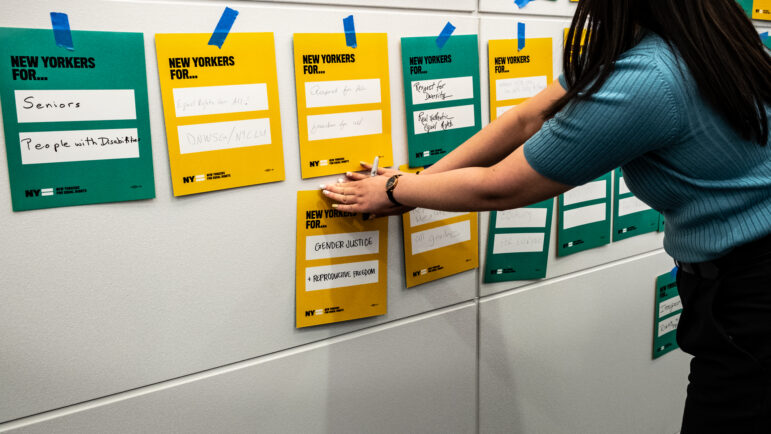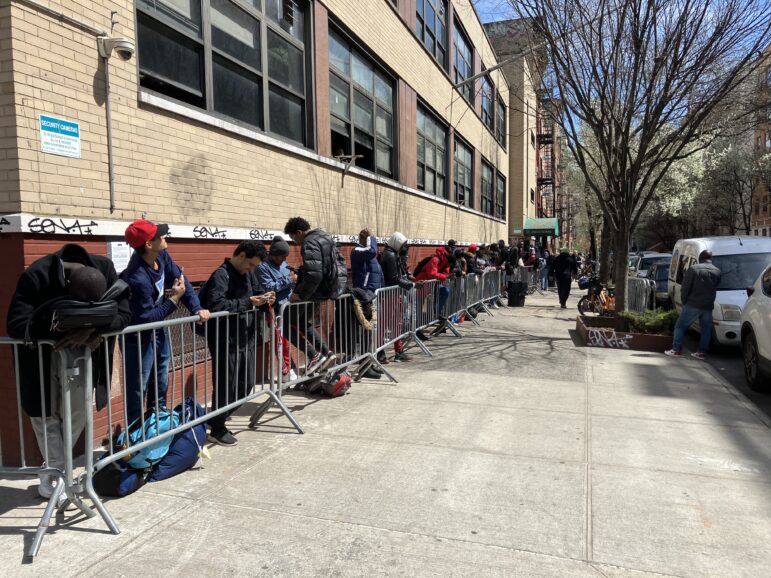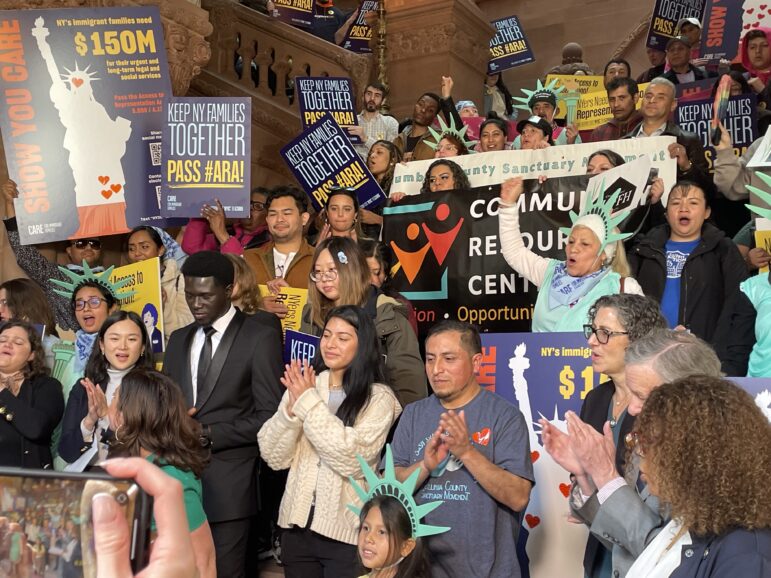Tenants who lose their federally subsidized apartments when their leases expire won’t have to wait up to nine months before they can start looking for a new apartment, thanks to a legal settlement reached last month.
The settlement between the New York City Housing Authority and tenants represented by South Brooklyn Legal Services guarantees that renters will receive new vouchers within six weeks of getting their eviction notices. South Brooklyn filed the suit in January 2001, after discovering that tenants who’d lost their Section 8 apartments were being forced to wait months for replacement vouchers. Without a voucher in hand, they could not find new apartments.
“Tenants couldn’t even begin to look for a new place until after they had been evicted,” said attorney Ed Josephson of South Brooklyn, who helped negotiate the settlement. “Now they’ll have a chance of having a new apartment even before the marshal comes.”
The settlement affects up to 25,000 city residents who rely on Section 8 vouchers to pay the bulk of their rent on unregulated apartments–tenants pay 30 percent of their income, and the feds pick up the rest, up to $949 a month for a two-bedroom apartment. According to a 1996 law, once a lease expires, a landlord can opt not to renew. Last year, about 8,500 New Yorkers applied for transfer vouchers, according to NYCHA spokesperson Howard Marder.
Aurelia Frunzescu was one of those applicants. In late 2000, she lost her Midwood apartment when her landlord decided to sell the building. The mother of two waited nine months for a transfer voucher, and only received one last January, after South Brooklyn filed its lawsuit. Frunzescu was the lead plaintiff in suit.
Under the Frunzescu v. Martinez settlement, NYCHA will begin processing requests for vouchers as soon as tenants receive their initial eviction notice. Within two weeks, the agency will give tenants an approval letter, which they can show to brokers and landlords during their search for a new apartment. NYCHA also committed to issuing the actual vouchers no later than six weeks after the tenant first requests a transfer.
While claiming a victory for low-income tenants, Josephson noted that finding a landlord who will accept a Section 8 voucher has not gotten any easier. “The housing market is still so tight,” he said. “But at least with Frunzescu, we’ve eliminated one obstacle.”








